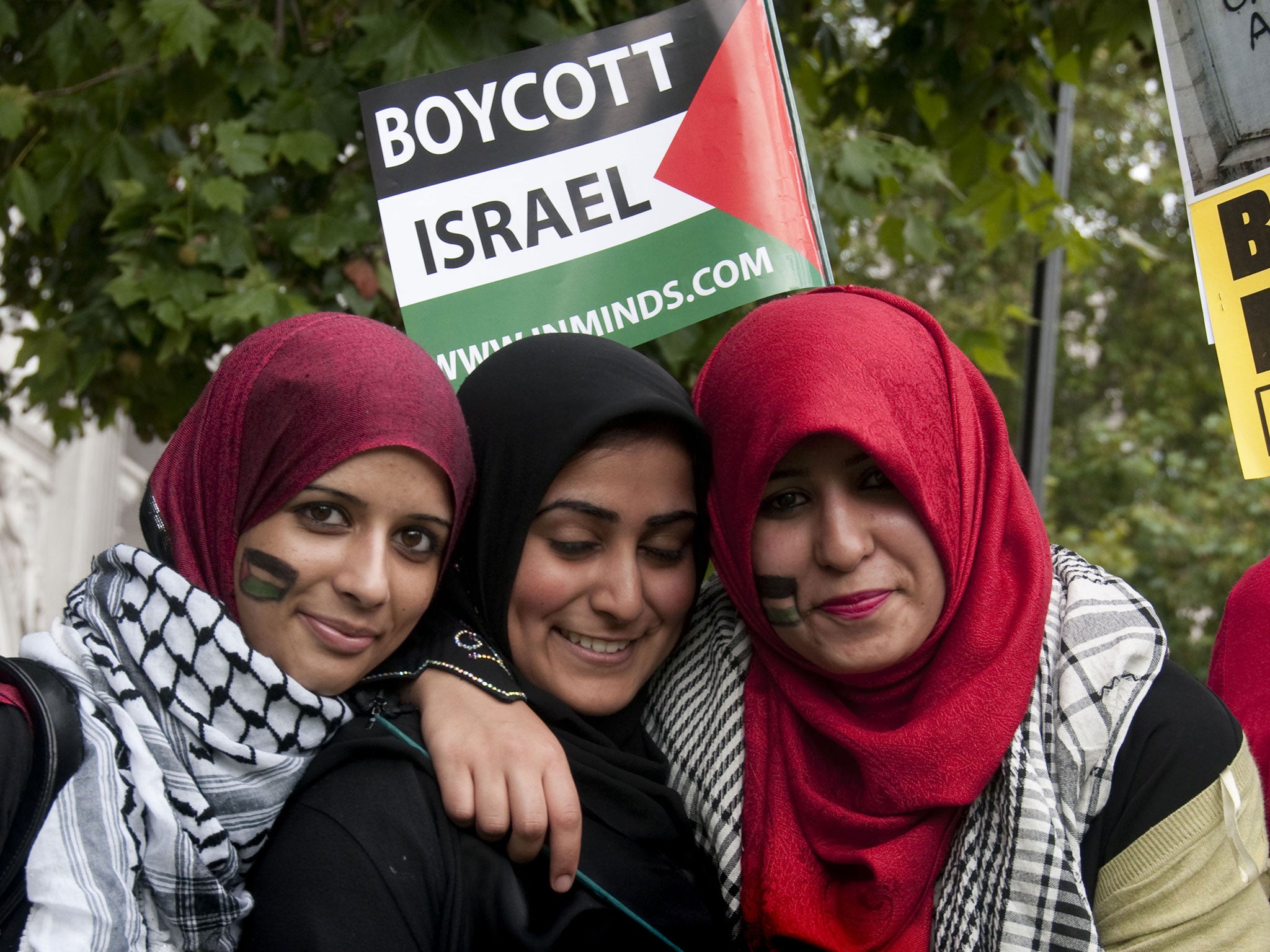Israel boycott ban: The local authorities that imposed unofficial sanctions against 'unethical companies'
Firms were targetted for operating in Israeli settlements in the Palestinan West Bank

The Government has been criticed over plans to ban publicly-funded institutions such as councils and university student unions from boycotting the products and services of "unethical companies".
This move comes in response to various local authorities boycotting the services of companies who operate in "illegal" Israeli settlements in the Palestinian West Bank.
The ban will be formally announced by Cabinet minister Matt Hancock on a visit to Israel this week.
The only exemption from the ban will be UK-wide boycotts as decided by the government in Westminster.
Here are four examples of local authorities which have launched such boycotts:
1. Leicester City Council, 2014
In November 2014 ,the city council voted for a motion boycotting the use of all goods produced in Israeli West Bank settlements.
Campaign group Jewish Human Rights Watch (JHRW), responded by taking legal action to end this move, calling it a "boycott of Jews".
Last month, JHRW warned the council the boycott could leave the city with a £200,000 legal bill, according to the Leicester Mercury.
Explaining the boycott, the council stated: "The motion has never been a boycott of Israel by Leicester and is not an attack on the Jewish people.
"It relates specifically to illegal Israeli settlements in the West Bank."
2. Birmingham City Council, 2014
In April 2014, Birmingham city council threatened to not renew a contract with French multinational company, Veolia, due to its operations in the West Bank.
Veolia, which runs the city's incinerator and refuse tip, caused international controversy fur running a tram line and other public services in "illegal" Israeli settlements.
In April 2015 - Veolia announced it was closing its operations in Israel.
3. Scottish government procurement notice, 2014
In August 2014, the Scottish government issued a procurement notice to local authorities which "strongly discourages trade and investment from illegal settlements".
Following this non-binding suggestion, four Scottish councils voted for a boycott of all Israeli goods: Clackmannanshire, Midlothian, Stirling and West Dunbartonshire.
4. Swansea City Council and Gwynedd County Council, 2010 and 2014 respectively
The two Welsh councils started a boycott of any companies with interests in the occupied West Bank and Gaza Strip areas of Israel.
Last December, the authorities reversed their decision to impose boycotts after JHRW began legal proceedings against them.
Both councils have stated these motions were non-binding and that they have since been superseded.
Join our commenting forum
Join thought-provoking conversations, follow other Independent readers and see their replies
Comments